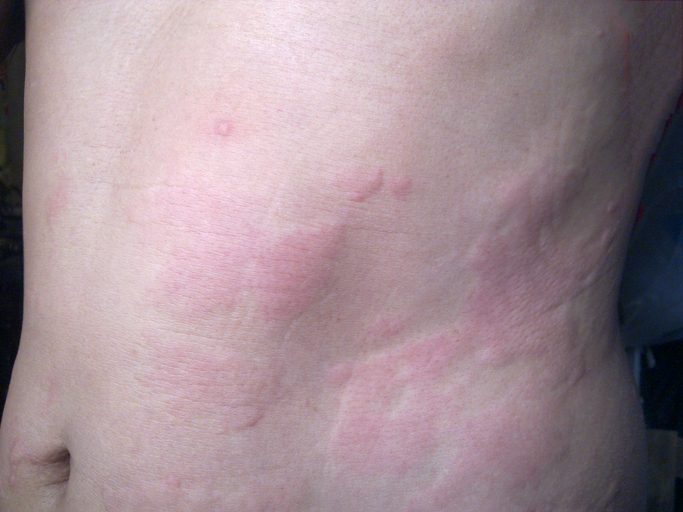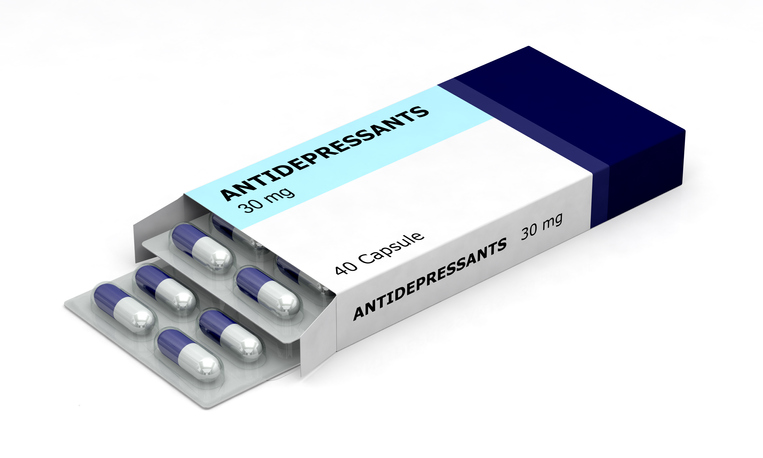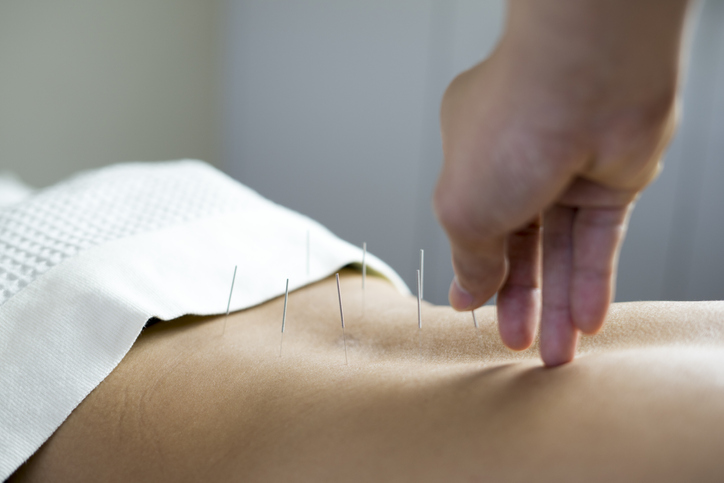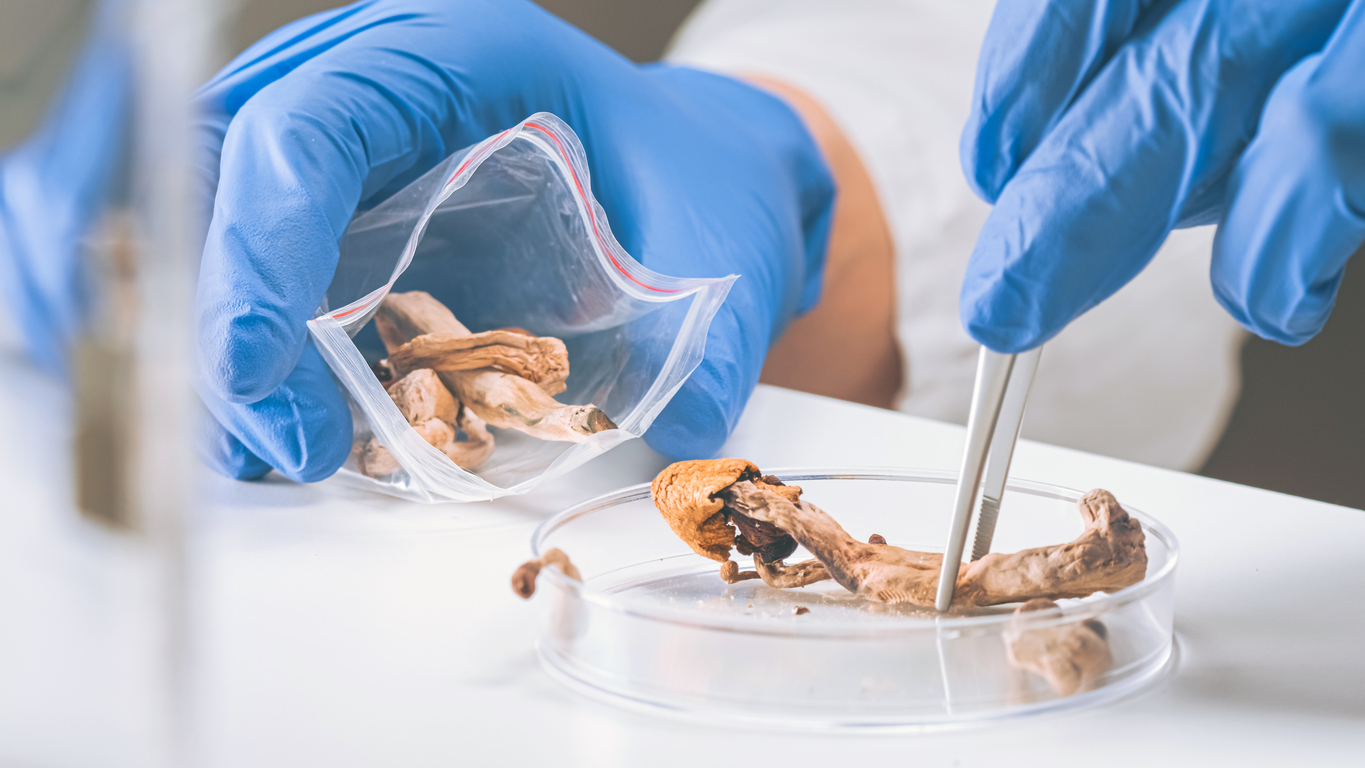Treatments
Coping With Hives

2 people found this helpful
Print
Share
Save
Hives are raised dots or welts that develop on the skin, usually due to an allergic reaction. They are often itchy and can also cause painful burning or stinging sensations.
Tips for coping with hives include the following:
- Apply a cool washcloth or ice pack to the skin. Cool temperatures can soothe the inflammation and itching associated with hives. Using a fan can also help cool and soothe the skin.
- Wear comfortable clothes. Tight clothing made of synthetic fabrics may irritate the skin, whereas loose-fitting clothing made of cotton or silk allows the skin to breathe.
- Take a cool oatmeal bath. Ground oatmeal is soothing to the skin and helps provide a protective barrier on the skin. Using cool water is best because hot water can dry the skin and make hives worse.
- Apply lotion to the skin. Dry skin is often itchy, so using a moisturizing lotion can help. Applying lotion immediately after showering or bathing is best.
- Take steps to prevent scratching. Repeatedly scratching the skin can cause skin irritation. Wearing long pants or long sleeves provides a barrier to help prevent scratching of itchy skin. Distraction techniques, such as participating in a favorite hobby, can also help. If the urge to scratch is too much to resist, keeping the fingernails short or wearing gloves when scratching can help reduce skin irritation.
- Take an antihistamine. Antihistamines are often used to treat hives. However, it’s important to note that a medical professional should be consulted before taking a new medication or supplement.
- Consider a vitamin D supplement. Vitamin D3 may help reduce chronic hives. Again, it’s important to note that a medical professional should be consulted before taking a new medication or supplement.
- Apply an over-the-counter itch-relief cream. Calamine lotion or other anti-itch creams may reduce itchiness.
- Find ways to reduce stress. Stress can cause or worsen hives, and having hives can be stressful. Practicing relaxation techniques, such as yoga, deep breathing, or meditation, can help reduce stress.
- Avoid triggers. If an individual knows the cause of their hives (e.g., pollen, a certain food, animal dander, etc.), the trigger should be avoided as much as possible.
- Try an antihistamine diet. Avoiding histamine-rich foods can reduce the amount of histamine in the blood, which may help reduce or prevent hives. Examples of histamine-rich foods include cheese, yogurt, fermented foods, and alcoholic beverages.



















